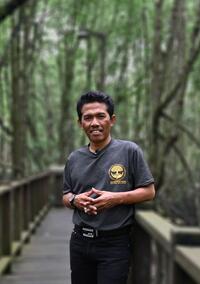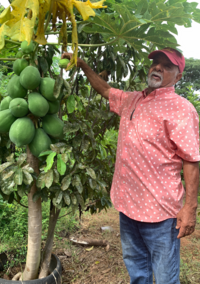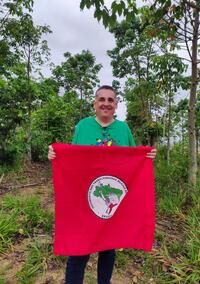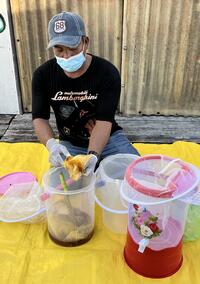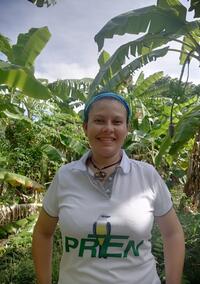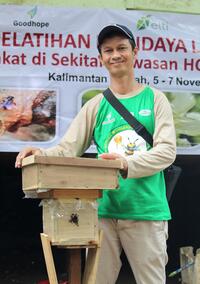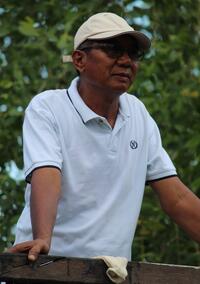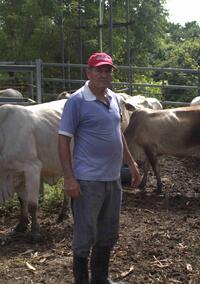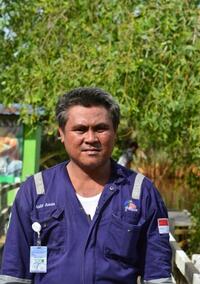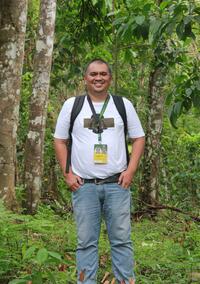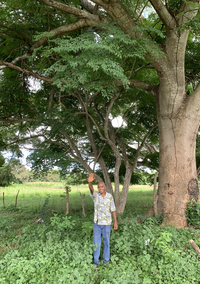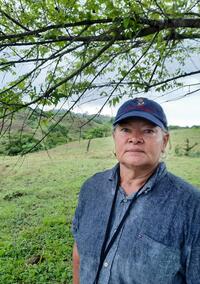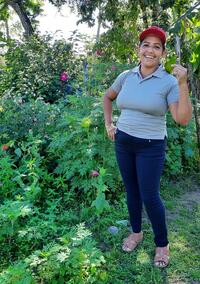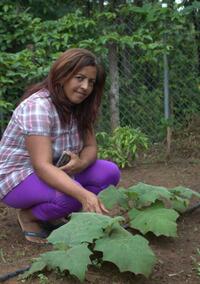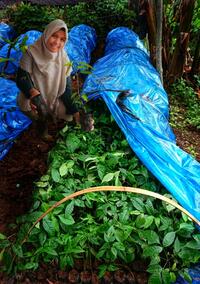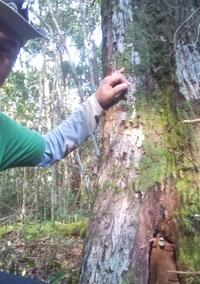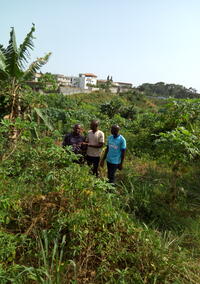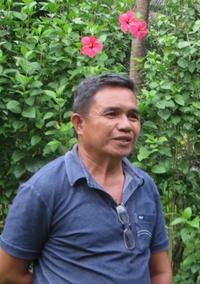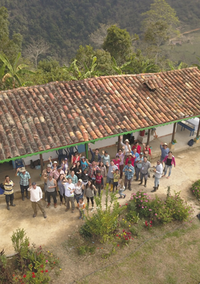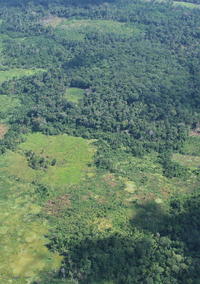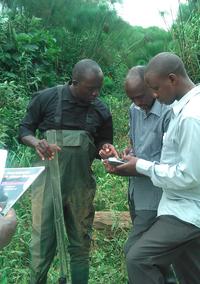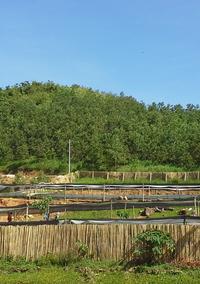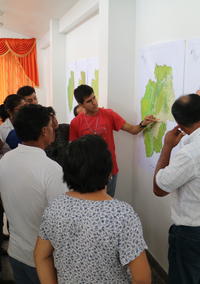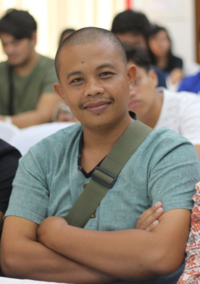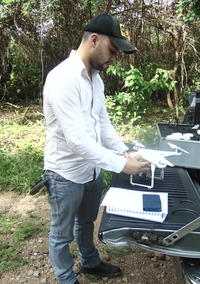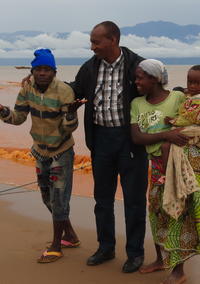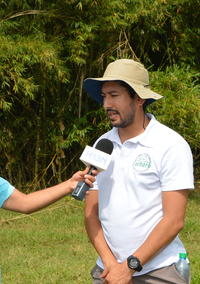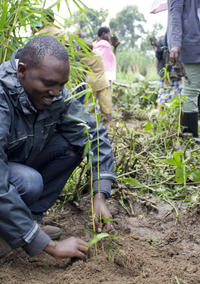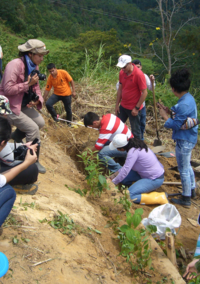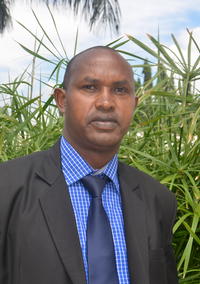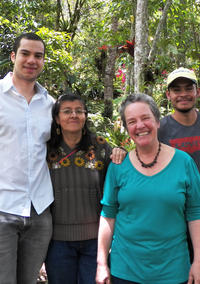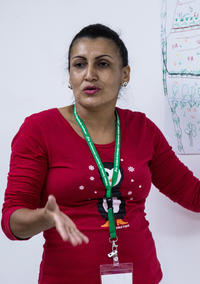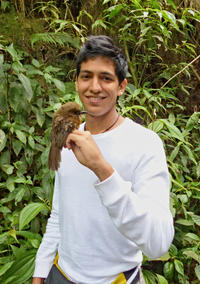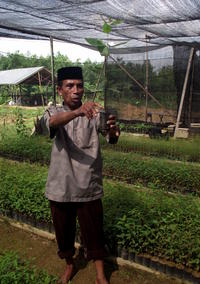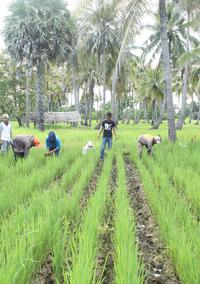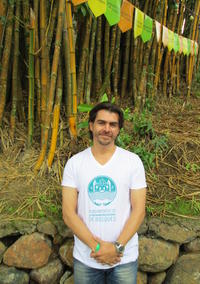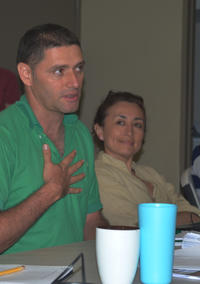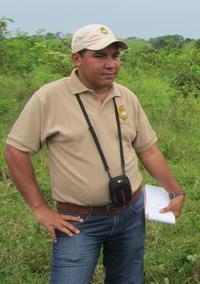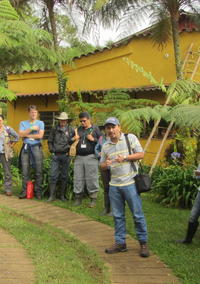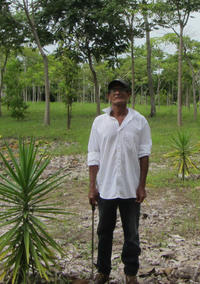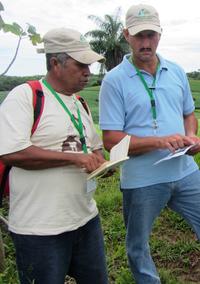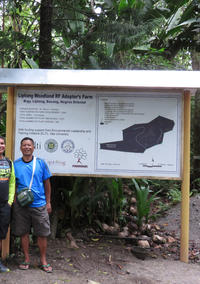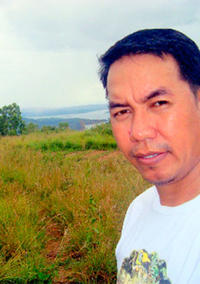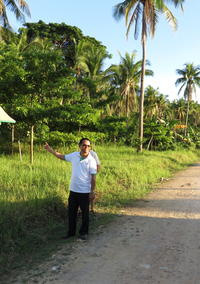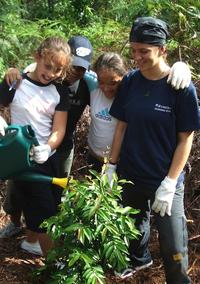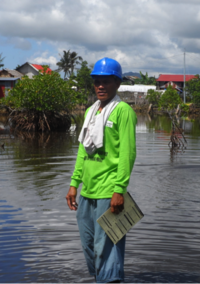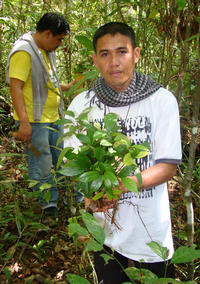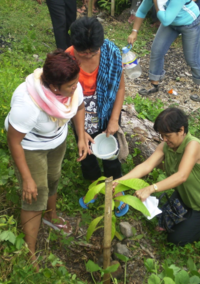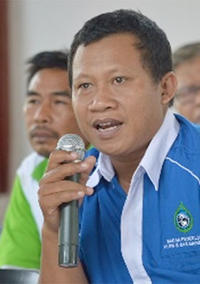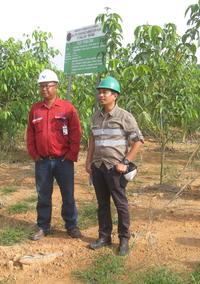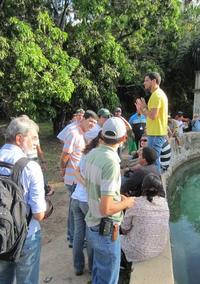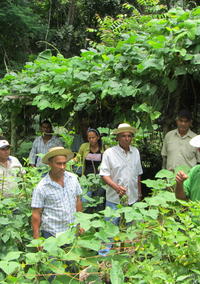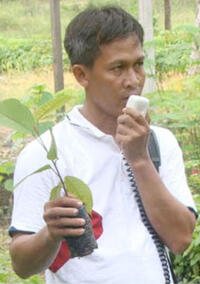You are here
Farmers Inspire Farmers to Improve Conventional Practices
Extensive agriculture and conventional cattle ranching has led to substantial deforestation in Panama’s Azuero Peninsula. The consequences: less water available in the dry season, decreased biodiversity, less soil fertility, more erosion, and more agrochemical pollution.
When Belgis Madrid, a local rancher, sought help to make enduring change, he couldn’t find support. The community lacked technical knowledge. If a farmer’s pasture still has any standing trees they’re ridiculed as messy or lazy.
“We wanted to increase the amount of farmers implementing sustainable ranching practices in order to recuperate the ecosystem services and to increase production of milk, meat, and calf births,” said Belgis. “We also wanted to become local experts so we could teach our fellow Panameños how to achieve these goals.”
I recommend ELTI to others on a regular basis. Due to the support of ELTI, our organization is a leader in the region. Personally, I have become a stronger community leader and a professional with a clear understanding of the importance of forests in agricultural landscapes.
Belgis Madrid
Belgis and some of his neighbors found just what they needed from ELTI. The field training courses on reforestation, agroforestry and silvopastoral systems integrated traditional practices with more modern and environmentally friendly practices. Just the combination Belgis sought.
Following the training, Belgis and some of his fellow ELTI alumni worked with ELTI’s Leadership Program to form Panama’s first legally recognized sustainable rancher’s association: APASPE. When the new association needed project funding, ELTI identified potential donors and helped Belgis and his colleagues write two successful grants.
APASPE continues to lead a growing effort to integrate more trees into ranching areas, restore riparian areas, and develop more sustainable agricultural systems.
“We are proud of the results we have achieved,” said Belgis, now APASPE’s Production Secretary. “Many other ranchers in the community have adopted the practices we demonstrate on our farms. Since 2012, we have received over 700 farmers and professionals to our community to see our achievements, and we continue to cofacilitate training courses with ELTI.”
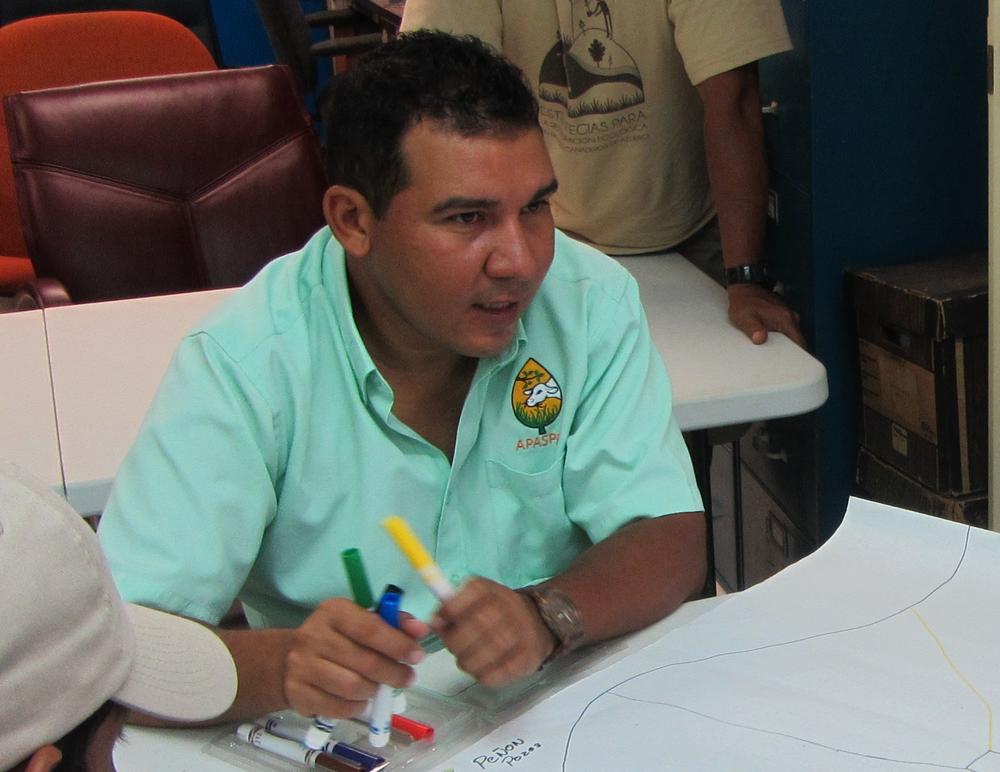
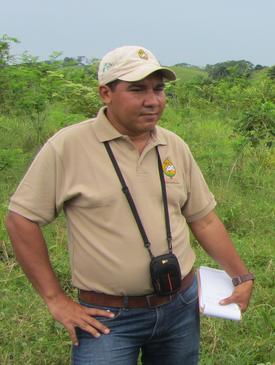
Acknowledgements
Thanks to the Small Grants Programme of the Global Environment Facility for two rounds of funding to support APASPE’s projects; Colombia’s Center for Research and Sustainable Agricultural Systems (CIPAV) for technical support on the establishment and management of APASPE’s silvopastoral systems; and Peace Corps Response for technical, professional and managerial assistance to APASPE.
–Belgis Madrid






